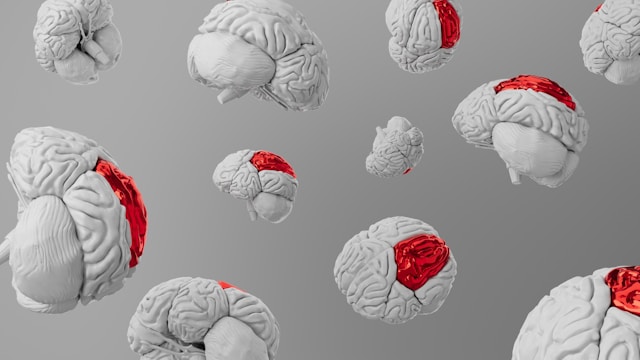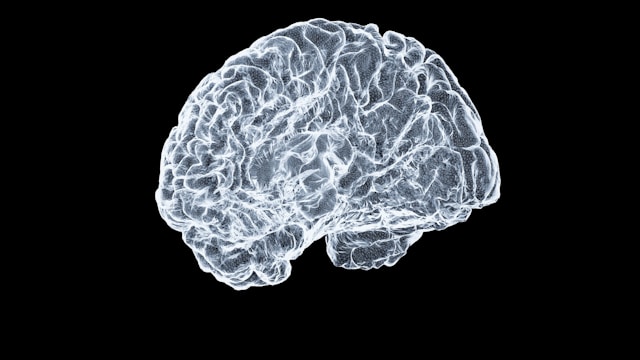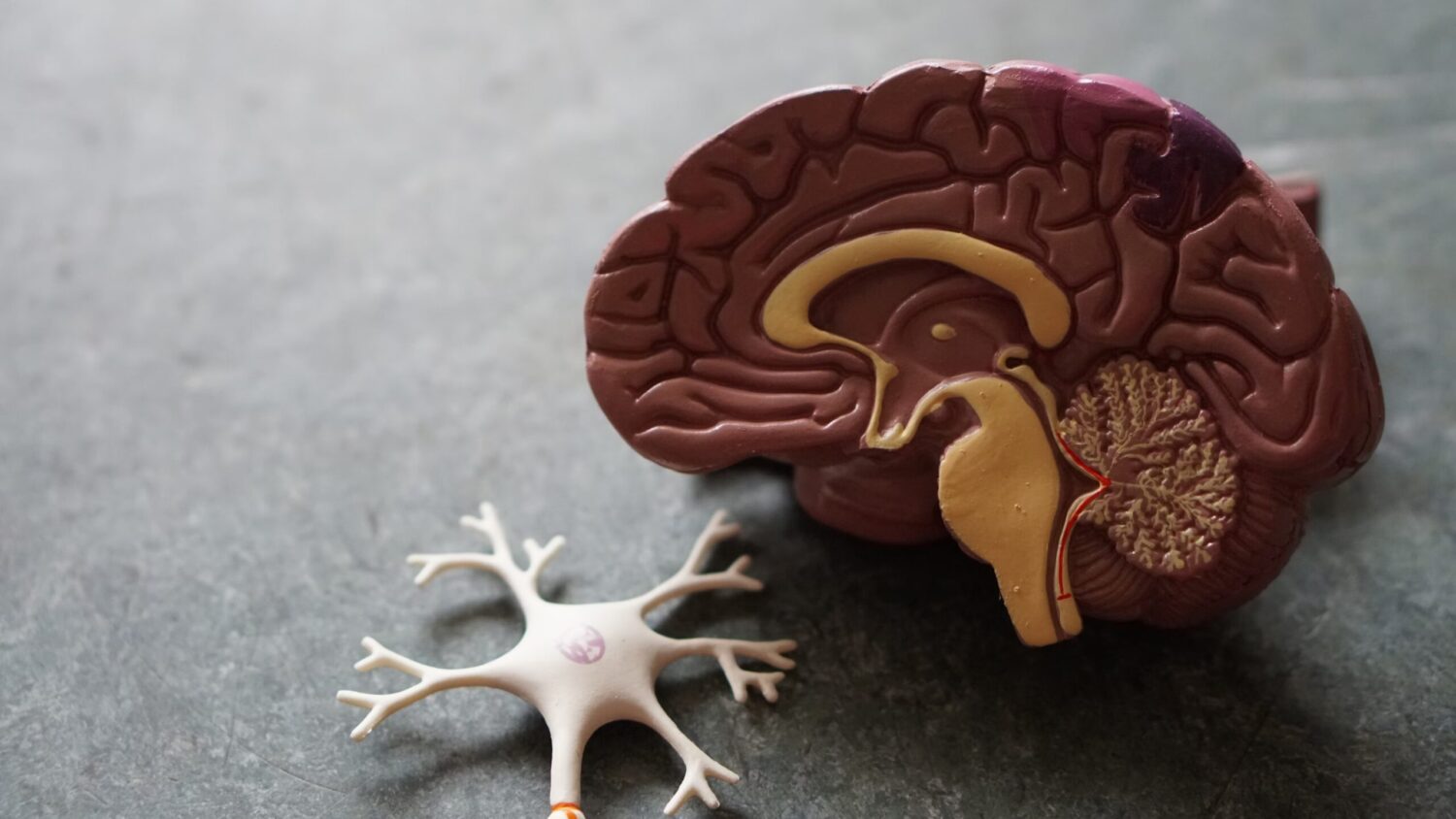Authors:
A.M. Alaseev 1 , E.V. LANTSOVA 2
1 GAUZ SS "Sverdlovsk Regional Clinical Hospital No. 1", Yekaterinburg, Russia;
2 LLC "Sinsfiles", Yekaterinburg, Russia
The effectiveness of the use of Mexidol in combination with revascularization of the brain in the treatment of ischemic stroke
Place of publication:
a journal of neurology and psychiatry named after S.S. Korsakova, 2024, T. 124, No. 3, Issue. 2
Summary:
ischemic stroke (AI) is an acute life -burning state, its outcome is determined by the degree of damage to brain tissue, the quality and rate of medical care in the first minutes and hours of the disease. An important mechanism for damage to brain tissue both with ischemia and reperfusion is oxidative stress. The review considers the adverse effect of oxidative stress with ischemia and brain reperfusion of AI. The results of preclinical studies are presented that demonstrate the ability of Mexidol to eliminate the effect of free radicals, to activate antioxidant protection. The data of clinical studies of the use of Mexidol in combination with thrombolytic therapy in patients with AI are considered. Key words: ischemic stroke, revascularization, oxidative stress, Mexidol.
Actual
Actual
THE INFORMATION IS INTENDED FOR HEALTHCARE AND PHARMACEUTICAL PROFESSIONALS. THIS INFORMATION IS NOT INTENDED AS A SUBSTITUTE FOR MEDICAL ADVICE.
Source of photos and images Shutterstock.com









